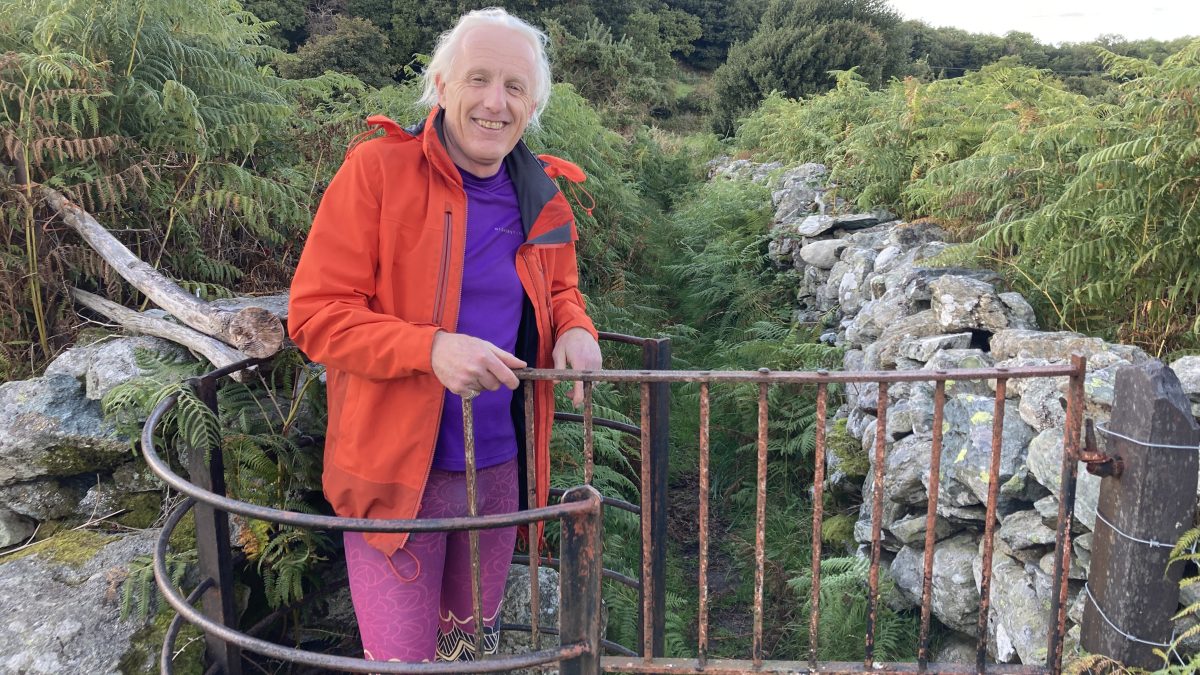I really enjoyed interviewing my Recovery Voices colleague Wulf Livingston on two occasions as part of our initiative. I hold Wulf in the highest regard and I’m thrilled to be working with him on this initiative. He is extremely knowledgeable about the field and has worked in various capacities within it. He has played an important role in helping develop recovery-oriented activities within North Wales. He is passionate and fully committed to seeing a fairer world, one in which society better helps people with substance use problems. He is a great believer in social justice.
In this part of our second conversation, Wulf talks about taking risks:
Taking Risks [8’55”]
Wulf talks about DARE (Drug & Alcohol Recovery Expeditions), a North Wales mountaineering group involving people in recovery. He points out that it was important that DARE is a non-legally constituted group, because when you do such activities under an organisational umbrella you attract a great deal of red tape and bureaucracy.
Wulf talks about being involved with North Wales Recovery Communities (NWRC) in taking eight members on a trek that involved climbing the 15 peaks in Snowdonia that are over 3,000 feet—27 hours of non-stop walking including two nights on the mountain! He points out that groups like NWRC take more risks than other organisations, albeit that they are smaller, more measured risks. He emphasises that growth does not come without taking risks. Interviewer David Clark says that the system tries to stifle ‘risk-like’ behaviours.
Wulf points out that statutory sector jobs often pay better, and have better terms and conditions, than third sector jobs. For many people, it is very hard to take the risk of leaving a statutory sector for a third sector job, potentially exposing them and their family to a lower quality of life outside of work. In a way, the system fosters this situation. Lots of individuals feel trapped in the system and it is common for some to start to look forward to an early retirement. Many people working in the statutory sector cannot make the societal contribution they would like to make.
Wulf talks about the three major leaps he has made in his life, from being a well-paid chef, to becoming a social worker and working in drug and alcohol agencies, and then becoming an academic. He’s been lucky living in North Wales, because if he had been living in a large city he wouldn’t have been able to make those leaps without compromising his family. He points out that very few people make huge leaps in their working life because they don’t have the right circumstances. Interviewer David Clark has also taken some major leaps. He and Wulf agree that the situation described above, in relation to statutory and third sector jobs, makes it difficult for recovery-based organisations like NWRC.


